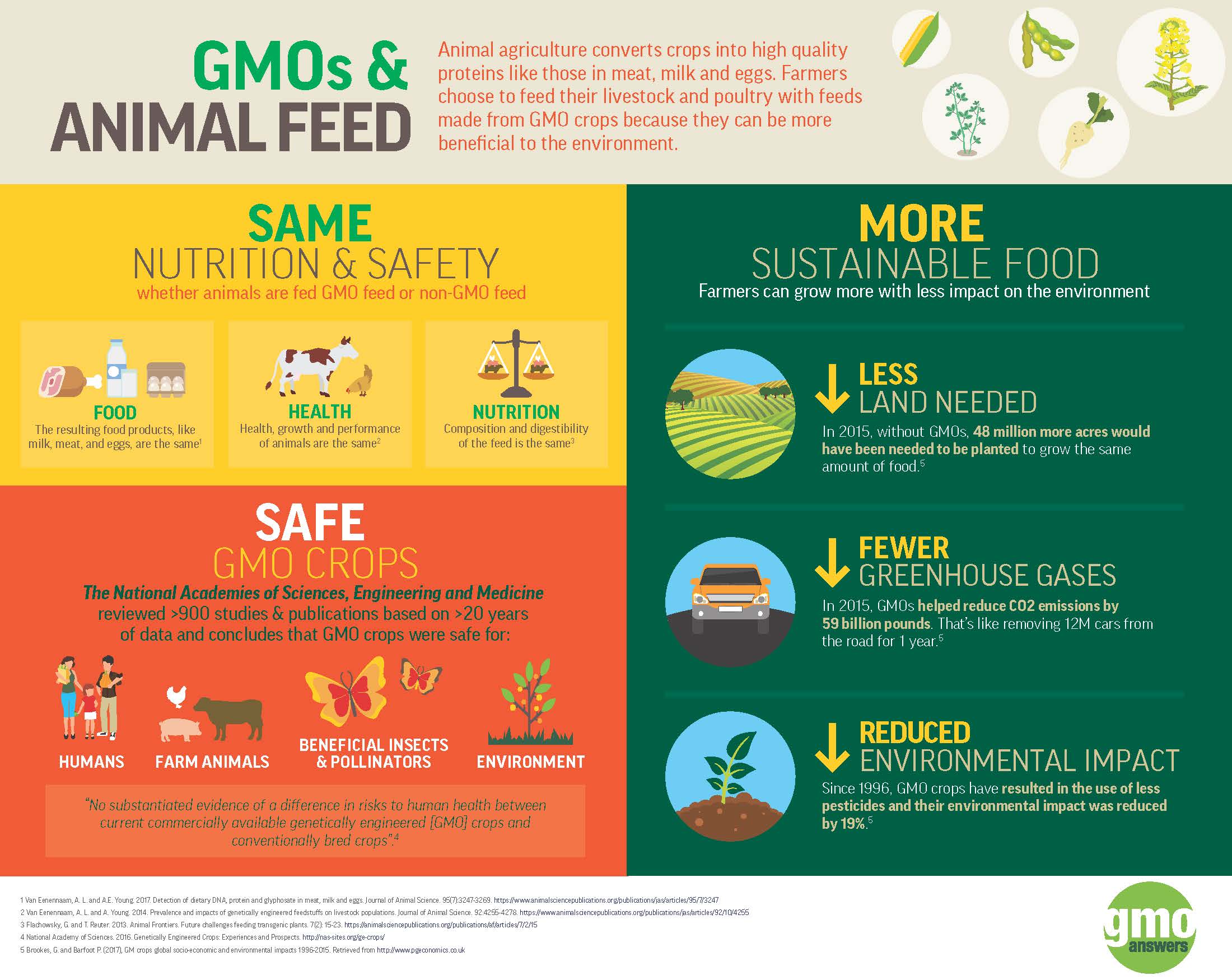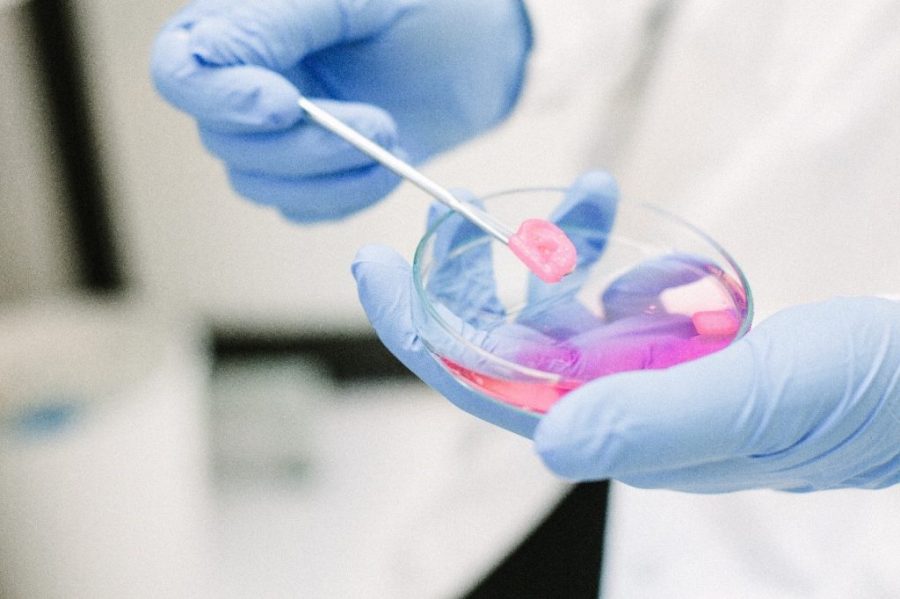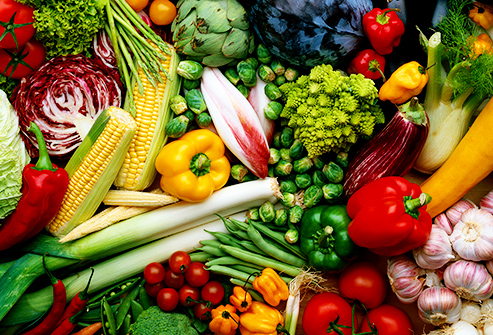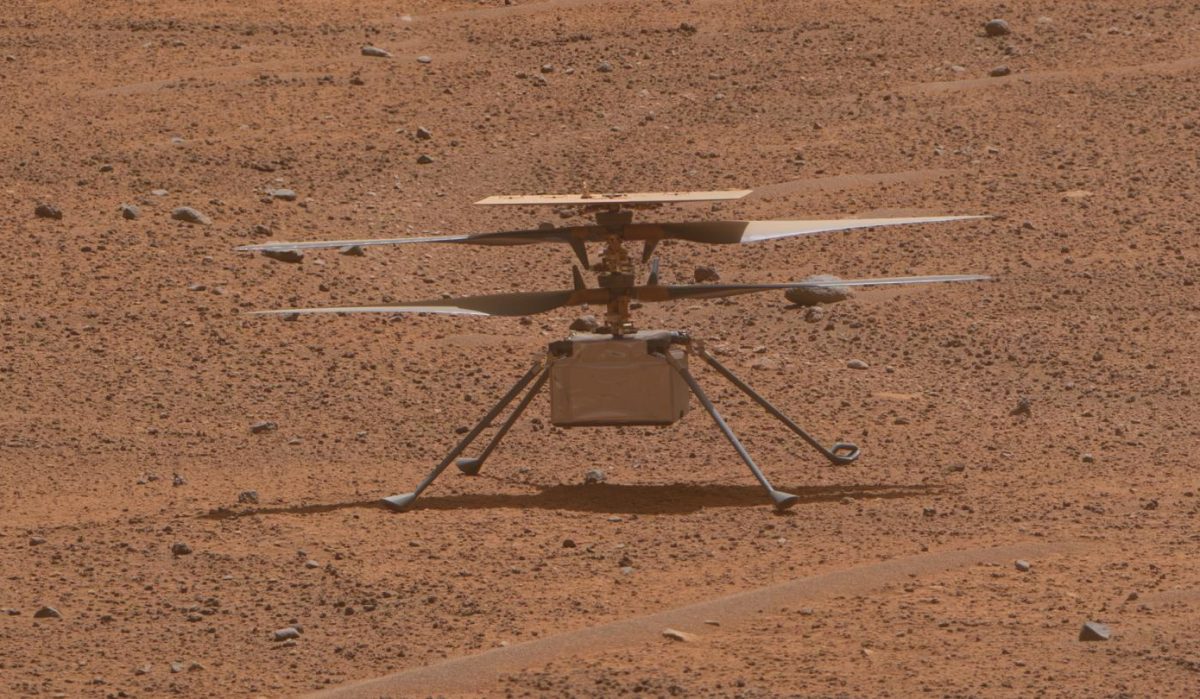Not too long ago, GMOs (genetically modified organisms) began filling our grocery stores and refrigerators at home. This widespread impact has made farms more sustainable and environmentally friendly. GMOs have lessened the use of water and pesticides, saved crops from dying out, reduced soil erosion and nutrient runoff, decreased food waste, and enhanced nutritional profiles.
GMOs are modified to resist pests, grow more effectively, and last longer. Their many benefits allow farmers to use fewer pesticides, use less land, and plant GM crops in unfavorable conditions. Stores and buyers can keep their GMOs for longer periods of time. Less pesticides, land, and food are wasted. The ability to produce more food with less land could help us solve world hunger. Furthermore, because the overuse of pesticides is a contributor to global warming, GMOs could also mitigate its effects.

However, the commercial sale of GMOs began relatively recently, so we are still to discover the long-term effects of eating them. Furthermore, poor farmers who can’t afford to buy GM seeds are losing profits. But because of the many benefits of GMOs, we should continue to research their potential harms in the hopes of someday freely using GM crops without any fear of negative impacts. Then, they can be used worldwide as a solution to world hunger, global warming, and more.
http://sitn.hms.harvard.edu/flash/2015/how-to-make-a-gmo/
https://www.youtube.com/watch?time_continue=83&v=1qw_5i9Gbw8



























